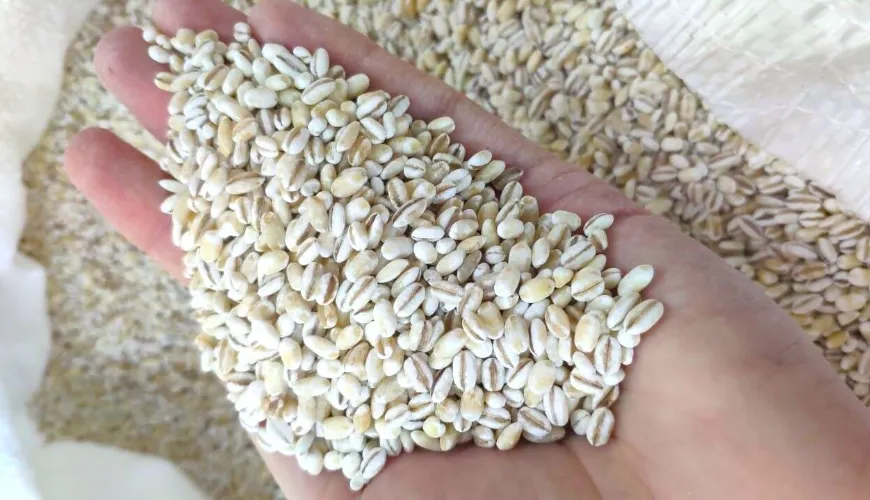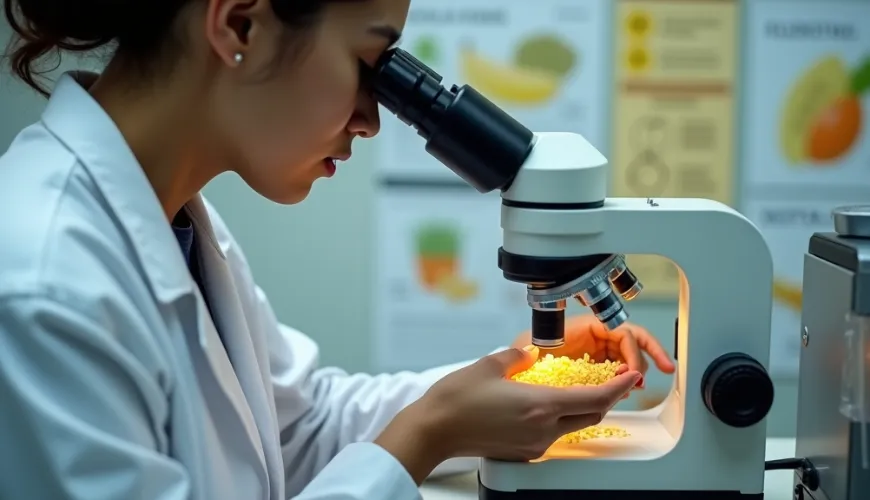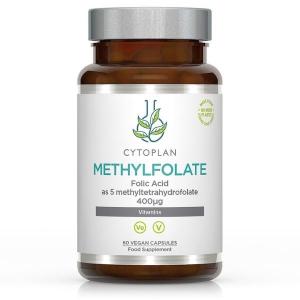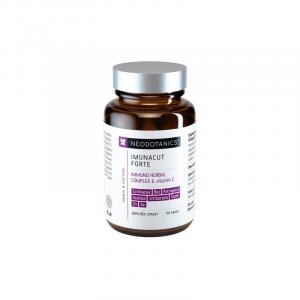
Genetically Modified Foods and Their Impact on Modern Agriculture

Genetically Modified Foods - Controversies, Facts, and Their Place in Modern Society
When people hear genetically modified foods, they often think of laboratory experiments, alarming headlines in the media, or concerns about health and the environment. Over the past decade, this term has become synonymous with a debate that touches on ethics, science, agriculture, and global politics. But what do genetic modifications of food really mean? What is their actual impact, and why are there so many conflicting emotions surrounding them?
Genetically modified organisms (GMOs) are plants or animals whose genetic material has been altered using modern biotechnologies. This process can make corn more resistant to pests or increase soybean yields in challenging climatic conditions. Altering the DNA of a plant allows targeted changes to its properties, much faster and more precisely than traditional breeding.
Why Do We Modify Foods at All?
The motivation for genetically altering crops is clear: to increase yields, reduce costs, and minimize environmental impacts. In agriculture, these methods address problems that cannot be effectively solved by traditional methods – such as mold, drought, or excessive pesticide use.
An example is "golden rice" – a genetically modified variety of rice enriched with beta-carotene, which the body converts into vitamin A. In poorer parts of the world where this nutrient is commonly deficient, consuming such rice can literally save lives. According to UNICEF, up to 190 million children suffer from vitamin A deficiency, which can lead to blindness or weakened immunity.
Try our natural products
On the other hand, the question arises: at what cost?
Concerns About GMOs
One of the main reasons people reject genetically modified foods is the fear of the unknown. Concerns mainly revolve around health and environmental impacts. But are these fears justified?
Health risks are repeatedly studied. Results from hundreds of independent studies in the past two decades indicate that GMO foods are not inherently harmful to health. The European Food Safety Authority (EFSA) and the World Health Organization (WHO) have repeatedly confirmed that genetically modified crops that have undergone appropriate testing are as safe as their "natural" counterparts.
However, this does not mean they are entirely without problems. Critics point to long-term ecological impacts, such as the emergence of so-called "superweeds" that adapt to herbicides or disruption of ecosystem balance. Another serious concern is the concentration of power – when a few multinational corporations control seeds and their distribution, there is a risk of losing food sovereignty for small farmers. The famous case of Monsanto suing farmers for "unauthorized" use of their patented seeds symbolizes this issue.
What About GMOs in Europe and the Czech Republic?
The European Union is one of the strictest regulators of genetically modified foods in the world. In the EU, only one GMO crop is allowed to be grown – MON810 corn, despite extensive testing and approval processes. In the Czech Republic, GMO crops are practically not grown today, although laws theoretically allow it.
Nevertheless, genetically modified ingredients may appear in imported foods, especially in processed products or animal feed. In the EU, any food with more than 0.9% GMO content must be properly labeled, allowing consumers to make informed choices. The customer is not powerless – they have the option to decide whether to consume GMO foods or not.
However, it also holds true that the label "GMO-free" does not necessarily mean that the food is healthier or more environmentally friendly. For example, organic corn grains may be grown with higher demands on soil and water, while genetically modified crops can be more sustainable if they lead to reduced pesticide use.
The Role of Media and Public Opinion
Once the media gets involved in the debate, discussions about GMOs usually intensify. Emotions often prevail over facts. Phrases like "genetic poison" or "mutant food" sound dramatic but distort reality. Nevertheless, they have a strong impact on public opinion – and thus on political decisions.
In a recent survey in the Czech Republic, over 60% of respondents stated they would prefer to completely avoid genetically modified foods. Experts warn against the blanket rejection of technologies that have the potential to address major global issues like climate change or food shortages.
As biologist Václav Větvička said in an interview: "It's not important whether it's natural, but whether it's safe and useful." And these two qualities should be the main criteria for evaluating GM foods.
Real Experience
An interesting example comes from Bangladesh. Local farmers struggled for years with massive pest infestations of vegetables, leading to the use of toxic pesticides. After scientists developed a genetically modified eggplant that could resist these pests on its own, the situation dramatically improved. Farmers could reduce chemical sprays, crop yields increased, and even pesticide poisoning among workers decreased. This example shows that technological progress does not always equate to an ecological or health threat.
However, this approach is still more the exception than the rule. Sustainability and ethics are not just about technology but also about how it is implemented – and who benefits from it.
The Place of Genetic Modifications in a Sustainable Lifestyle?
For proponents of ecological and sustainable living, GMOs often symbolize industrial agriculture and a loss of connection with nature. But is this the only perspective? If genetic modification of crops allows for reduced pesticide use, water conservation, or improved nutritional value of foods, it could be part of the solution, not the problem.
The question is not simply whether GMO foods are good or bad. More important is what specific modifications have been made, how they are regulated, who controls them, and what their real impact is. With the development of new technologies like CRISPR, there is the possibility of much more precise and natural genetic modifications than ever before.
Ultimately, it's not just about science and yields but also about trust, transparency, and ethics. And it is in these areas that there is room for building bridges between scientists, policymakers, farmers, and consumers.
Genetically modified foods are not a black-and-white issue. Perhaps it's time to move beyond emotions and seek answers in data, experiences, and open dialogue. If we want to face the challenges of the future, it might be necessary to open our minds to new solutions – even if their names sound a bit foreign right now.







